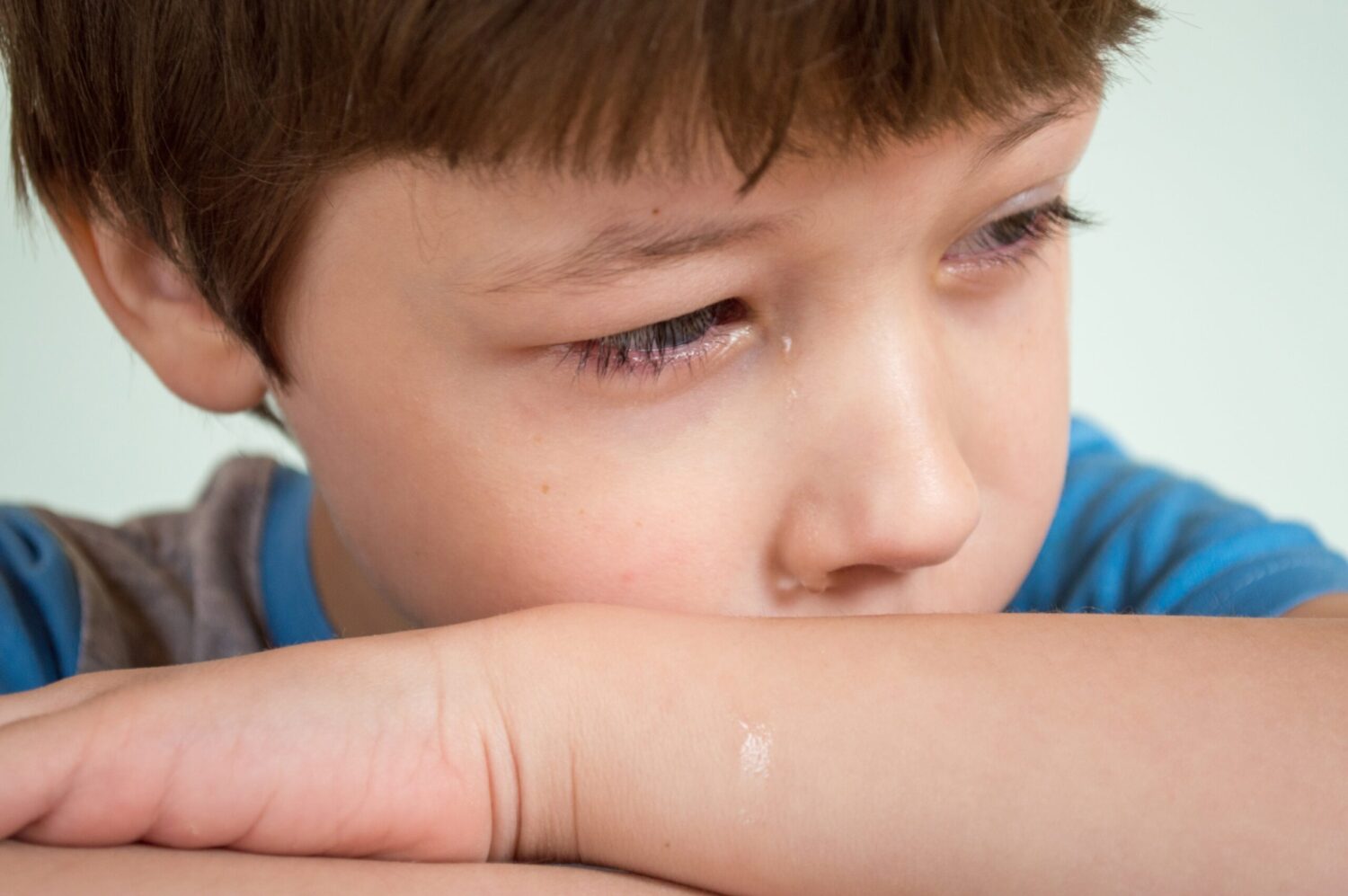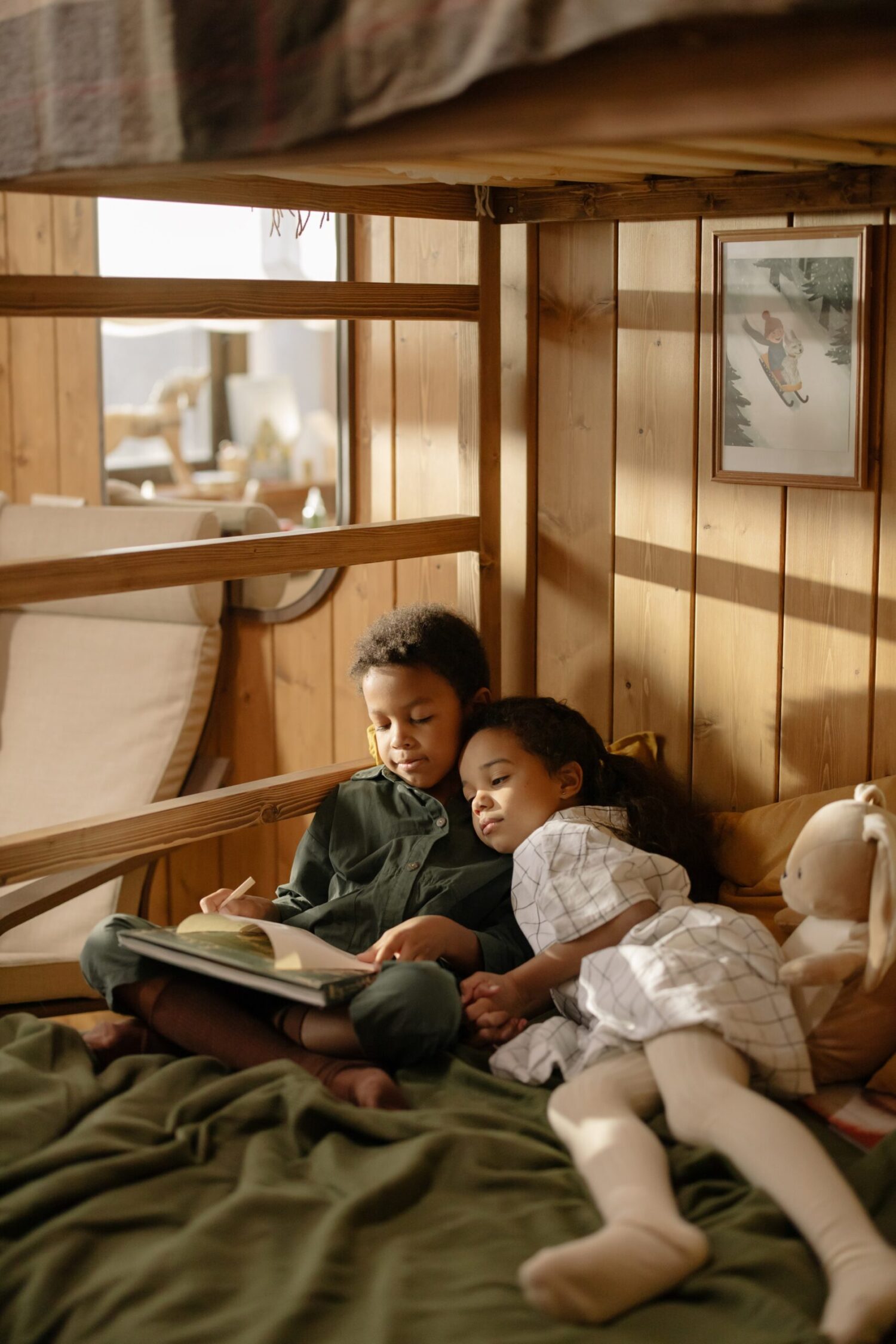A frequent question we get in our community is how do I keep my autistic twins from hurting each other? This can be a particularly difficult situation. When you learned you were having twins, triplets or quadruplets, no doubt you dreamt about how they would be best friends for life.
Raising twins is a unique adventure, but when one or both children are autistic, the journey can come with additional complexities. This behavior can stem from various reasons like sensory overload, communication difficulties, or plain frustration. So, how can we create a safer home for our unique families?
Play detective with your autistic twins
One of the first things to consider when thinking about why your twins may be acting aggressive is understanding their developmental age. Generally, an autistic child may be more like a child who is 2-3 years younger than their chronological age is. So, if your 4 year old twins are autistic, they may only have the social and emotional development of 2 year olds and will need appropriate supervision. From that standpoint, you may find it is best to have either close supervision or some form of separation, such as one twin going with a friend or relative for the morning.
Next, try to understand what may be causing challenging behavior. Spend time observing closely to understand what triggers aggressive behavior. Are they fighting over the same toy? Does one child get overwhelmed by too much noise or light? By identifying these patterns, you can start to predict and prevent conflicts before they get out of control. Keeping a journal of these incidents can be incredibly helpful, allowing you to spot trends and modify routines or environments to reduce triggers.
Putting their needs first
For many autistic children, the world can be a barrage of overwhelming sensory experiences. Creating a sensory-friendly environment can help ease some of this stress. Simple changes can make a big difference such as noise-canceling headphones, weighted blankets, or fidget toys. Create a calm, clutter-free space where they can retreat when things get too much, such as soft lighting and a reduction in loud, sudden noises. These adjustments can create a safe place where your twins feel more at ease.
Consistency is key for many autistic children, a predictable routine can offer a sense of security, reducing anxiety and the likelihood of aggression. Establishing a daily schedule and sticking to it as closely as possible can help. Visual schedules are particularly effective; they help your twins or triplets understand what to expect throughout the day, and preparing them in advance for any changes can ease transitions and reduce stress.
Communication difficulties can often lead to frustration and aggression. Helping your twins improve their communication skills can make a world of difference. Visual aids like picture exchange communication systems (PECS) or communication apps can be very useful, especially for non-verbal children. Encourage the use of simple words or signs to express needs and emotions, and practice social stories that teach appropriate ways to handle conflicts. The goal is to give your twins the tools to express themselves without resorting to physical actions.
Disagreements will happen, but teaching your twins or triplets how to resolve this peacefully can help prevent further escalation. Role-playing different scenarios can be a fun and effective way to practice this. Reinforce positive behavior with praise and rewards, and teach your twins to use words or signals to express their feelings instead of hitting or pushing. This not only helps in the moment, but also builds skills they’ll use throughout their lives.
One on one time for autistic twins
Twins, triplets or quadruplets can feel overwhelming, you are literally outnumbered! Competing for mom or dad’s attention can lead to fights. Ensuring that each child receives individual attention can help reduce jealousy and aggression. Spend one-on-one time with each child regularly, encourage them to pursue individual interests and hobbies, and celebrate their unique achievements. This can help them feel more secure and less inclined to fight for your attention.
If you’ve tried the above and things still aren’t getting better, you may want to reach out for more help. For example, behavioural therapists can develop personalised intervention plans, and occupational therapists can address sensory needs and develop coping strategies. Additionally, joining support groups like ours can provide invaluable insights and support from those who understand your journey.
Promoting empathy and understanding
Helping your children develop empathy can help stop your autistic twins from hurting each other and promote better relationships. (PS it’s a myth that autistic people are not empathetic!) Encourage them to express their feelings and listen to each other. Use stories or videos that teach empathy and understanding, and always praise them when they show kindness or consideration towards each other. These small steps can encourage a loving bond that will serve them well throughout their lives.
Preventing autistic twins, triplets or quadruplets from hurting each other requires a combination of understanding, environmental changes, skill-building, and sometimes professional support. Each child is unique, so be patient and flexible, trying different strategies until you find what works best for your each child and your family overall. Your efforts will not only help prevent conflicts but also nurture a supportive and loving relationship between your children.
What methods has your family used to stop autistic twins from hurting each other? Share your stories and comments below.
Subscribe for the latest news and updates!
This website uses affiliate links. I may make a small commission from purchases when you use these links, at no additional cost to you. As an Amazon Associate I earn from qualifying purchases.




